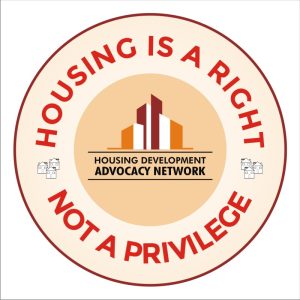The World Bank Group has imposed a 30-month debarment on two Nigerian companies, Viva Atlantic Limited and Technology House Limited, as well as their Managing Director and CEO, Mr. Norman Bwuruk Didam, for engaging in fraudulent, collusive, and corrupt practices linked to the National Social Safety Nets Project in Nigeria.
In a statement released Monday, the Washington-based institution disclosed that its investigation uncovered significant violations of its Anticorruption Framework during a 2018 procurement process. The companies and Mr. Didam were found to have misrepresented conflicts of interest in bid submissions and accessed confidential tender information from public officials.
Furthermore, Viva Atlantic Limited and its CEO falsified experience records submitted forged authorization letters, and provided inducements to officials involved in the project.
The NSSNP, aimed at enhancing social safety nets for vulnerable Nigerian households, was compromised through unethical practices. According to the World Bank, Viva Atlantic Limited, Technology House Limited, and Didam engaged in: misrepresenting conflicts of interest in bid documents, illegally obtaining confidential tender information, falsifying corporate experience and manufacturer authorization letters, and offering inducements to public officials.

“These actions constituted fraudulent, collusive, and corrupt practices,” the statement read, prompting the enforcement of strict sanctions.
The 30-month debarment prohibits the companies and their CEO from participating in World Bank-financed projects. As part of settlement agreements, the parties admitted their wrongdoing and agreed to meet stringent integrity compliance conditions for reinstatement. Key conditions include: corporate ethics training for Mr. Didam, reforms to internal compliance policies for both companies, and regular ethics training programs aligned with the Bank’s Integrity Compliance Guidelines.
The companies have also pledged ongoing cooperation with the World Bank’s Integrity Vice Presidency. The debarment period was reduced in light of voluntary corrective actions and cooperation during the investigation.

Under the Agreement for Mutual Enforcement of Debarment Decisions, the sanctions extend to other multilateral development banks, effectively barring the companies and their CEO from projects funded by international financial institutions.
The World Bank emphasized its zero-tolerance approach to corruption and reiterated its commitment to safeguarding development funds. The debarment underscores the institution’s dedication to accountability in global development efforts, ensuring funds intended for poverty alleviation and economic growth reach their intended beneficiaries.
The implicated parties must demonstrate full compliance with the stipulated conditions to regain eligibility for World Bank-funded opportunities after the debarment period.



